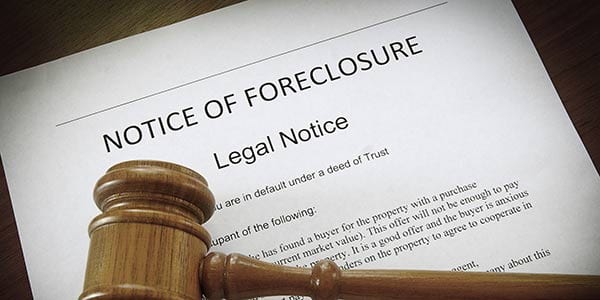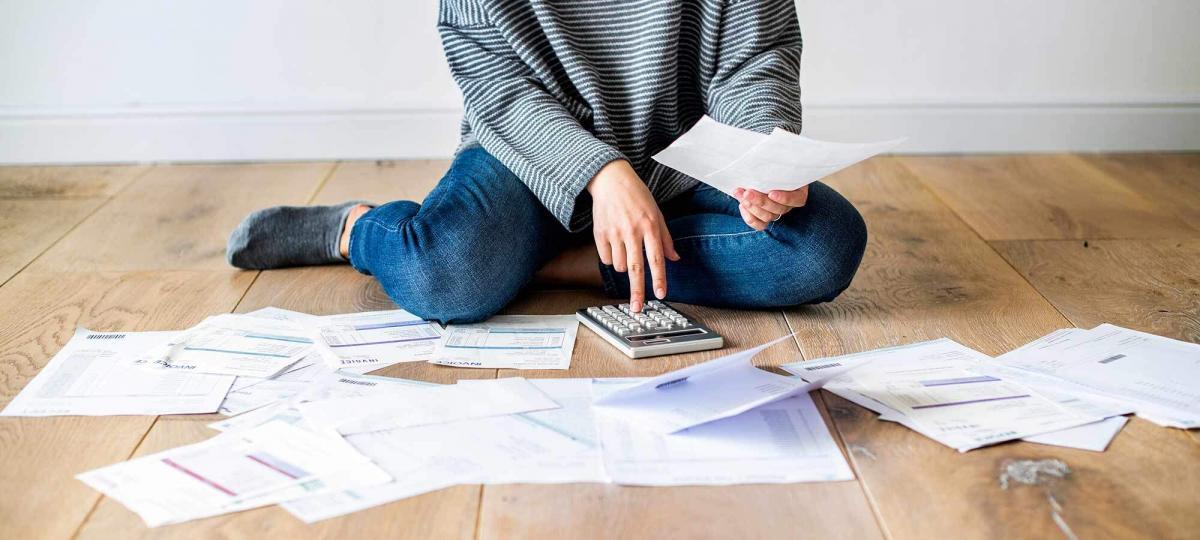If credit card bills are stacking up and the interest rates are making it impossible to ever think of being clear of debt then it is time to act. Interest rates on credit cards have been stable at a high rate, making a relatively small credit card balance to quickly escalate out of control. If you have a few credit cards and they all have balances due, then it would probably be best to roll them all together and consolidate the debt at a lower rate so that it becomes more manageable. There are a few ways to get all of the debt under one loan so that the payments can be made on the entire debt in one monthly payment but you can also get the added benefit of having lower cost so that you are able to get the whole thing paid off.
Consolidating debt in different ways
Personal loans
Gathering all of the debt into a personal loan is a good option. The interest rate will be lower than the credit card companies’ interest rates so the balance will not continue to grow at such a fast pace. The personal loan route will break the entire loan up into a set repayment term so that at the end of the loan period the entire loan will be paid off so you can start over with a clean slate.
Mortgage refinance
If you have a mortgage already and have equity in your home, a great way of consolidating debt is to combine your credit card debts into your mortgage. All your credit card debts will be consolidated into a lower rate. Since mortgage rates are usually lower than credit card interest rates, you can have all of the debt repaid as you pay off your mortgage.
Credit card consolidation
Taking all of the different credit cards and placing their balances into one credit card with a no interest period is also a great way to stop the growing interest for a certain period for you to get ahold of the debts before it gets farther out of hand. The aim with this route is to have the entire balance paid off before the interest free period is over.
Consolidating debt from many different accounts is the best way to stop or slow the interest rates from compounding the debts until it is too large to handle. There are several ways of handling debt from getting out of hand and it pays to look into the different options in consolidating debt and choosing what works for you.
So speak to a financial specialist about debt consolidation so you can save big while you pay off your debts.




















